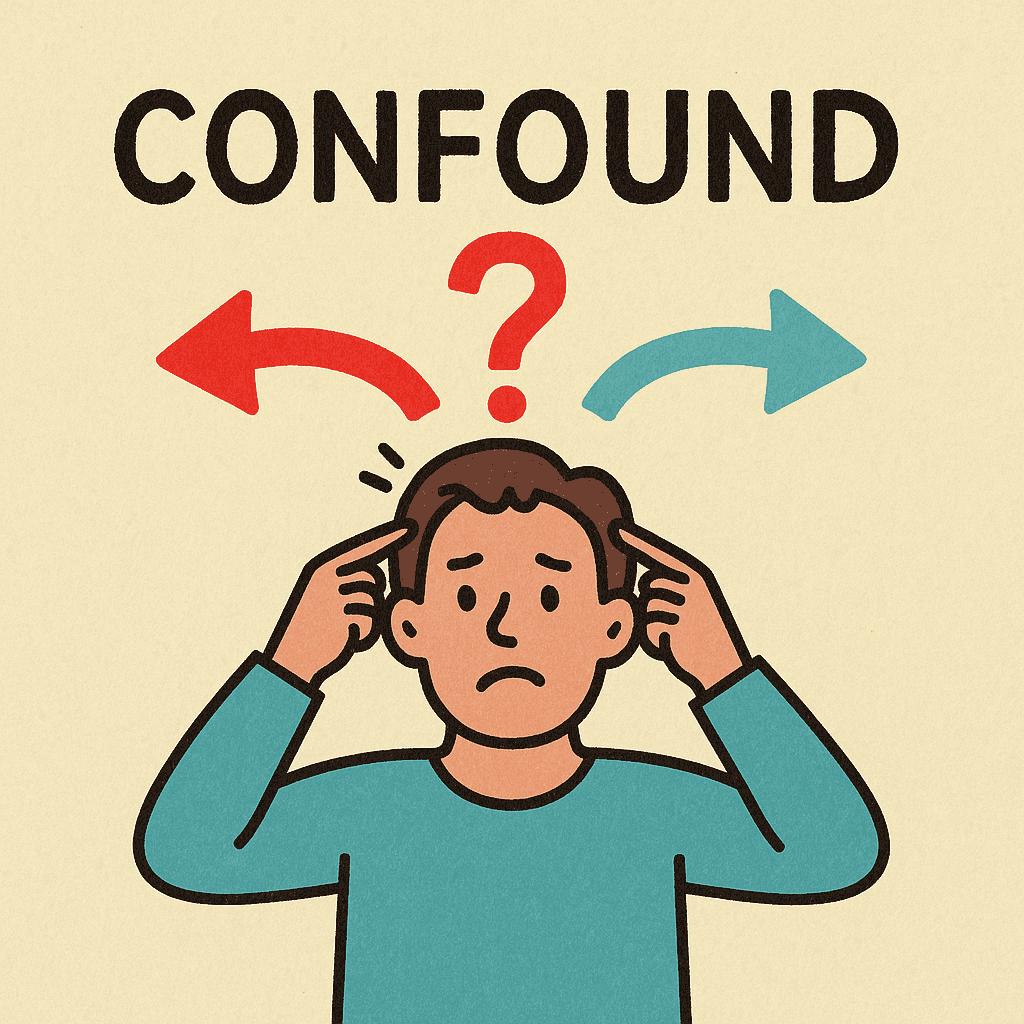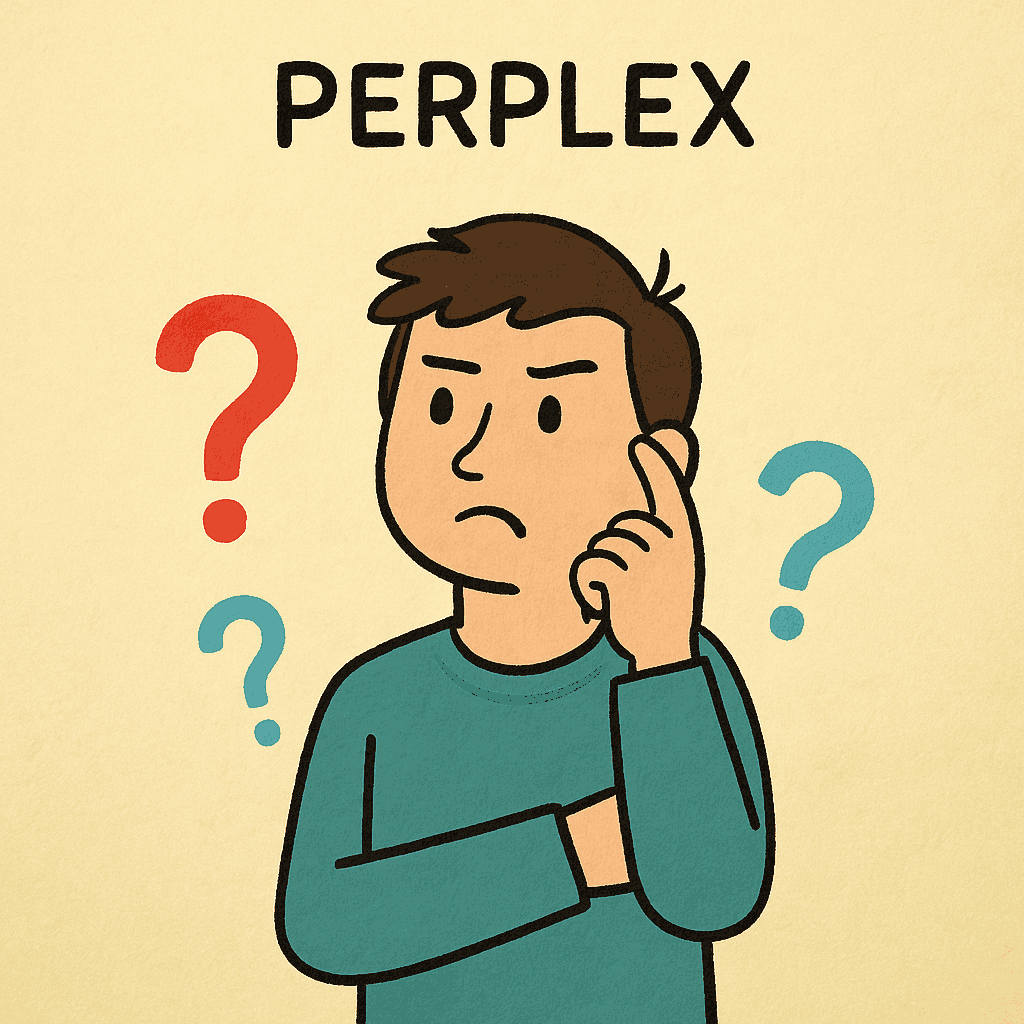Meaning
- Confound means to surprise, confuse, or puzzle someone, often by acting in a way they did not expect.
- It can also mean to mix up things so that they are difficult to distinguish.
Grammar and Usage
- Part of speech: Verb
- Transitive verb: It usually takes an object (e.g., "confound the critics").
Typical sentence structures:
- confound + object: "His behavior confounded his friends."
- be confounded by sth: "She was confounded by the strange results."
- Sometimes used in exclamations (old-fashioned): "Confound it!" (showing annoyance or frustration).
Common Phrases
- confound expectations – to surprise people by acting differently from what they thought.
- be confounded by – to be puzzled or confused by something.
- confound the critics – to prove the critics wrong by succeeding.
Collocations
- confound + experts
- confound + predictions
- confound + logic
- completely confounded
- utterly confounded
Examples
- The magician’s trick confounded the audience.
- Scientists were confounded by the unexpected experiment results.
- The player’s outstanding performance confounded his critics.
- She was utterly confounded by his sudden decision to leave.
- The data seems to confound our current theory.
- His kindness confounded her expectations.
- The mystery continues to confound investigators.
- The new evidence may confound the defense’s arguments.
Synonyms or Related
- bewilder
- perplex
- baffle
- confuse
- mystify
- astonish
Antonym
- clarify
- explain
- enlighten
- simplify

